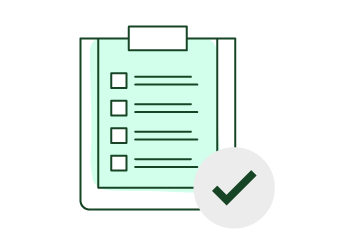Getting Things Done - GTD
Micro-Tasks. The Pleasure of Checking Off
AUTHOR: Francisco Sáez
It is a fact. Crossing out tasks or marking them as completed with a simple √ within a to-do list makes you feel great.
The reason is that whenever you recognize a task or project as completed, your brain releases a load of dopamine, a neurotransmitter that is responsible for generating feelings of accomplishment, satisfaction and happiness. This release of dopamine not only makes you feel good but also motivates you to continue completing tasks and extend that pleasant feeling.
But this does not help you be more productive by itself. Quite the opposite. If you don’t know how your brain works and don’t exert some control over it, this phenomenon will always take you to try to do the smaller and easier tasks on your to-do list. The worst thing is that you will feel great, you will have the feeling that you’ve done a lot (which is true) and think you’ll have had a very productive day (which is not true).
Engaging in a long and complicated task can be very frustrating. Although you know that you’re doing the most important thing at this time, your Next Actions list not only does not decrease but increases progressively as a result of new demands that require your attention.
But the truth is that most of the activities that add value to your life and your work are not minor or easy. They are usually quite the opposite. The solution, of course, is to break down these long and difficult tasks into many smaller, more manageable tasks, so that they can be tackled in the short-term.
Want to be even more productive? Divide your tasks into micro-tasks. Micro-tasks are small movements of work, lasting on the order of several minutes, that lead you to complete the task. You don’t have to enter these micro-tasks in your organizational system (that wouldn’t be very productive). Simply, take a piece of paper and write down the next movements that your task at hand needs to get done. Check off each micro-task as you complete it and go adding at the end of the list the next micro-tasks that emerge. You will enter a steady flow of work, full of small rewards that push you to continue until the end.
That way, you deceive your brain to not avoid the important tasks. If you break your goals into projects, your projects into tasks, and these—if they are too large—into micro-tasks, you will have a list of things you can check off. And that will take you to achieve your ultimate goals.





No comments